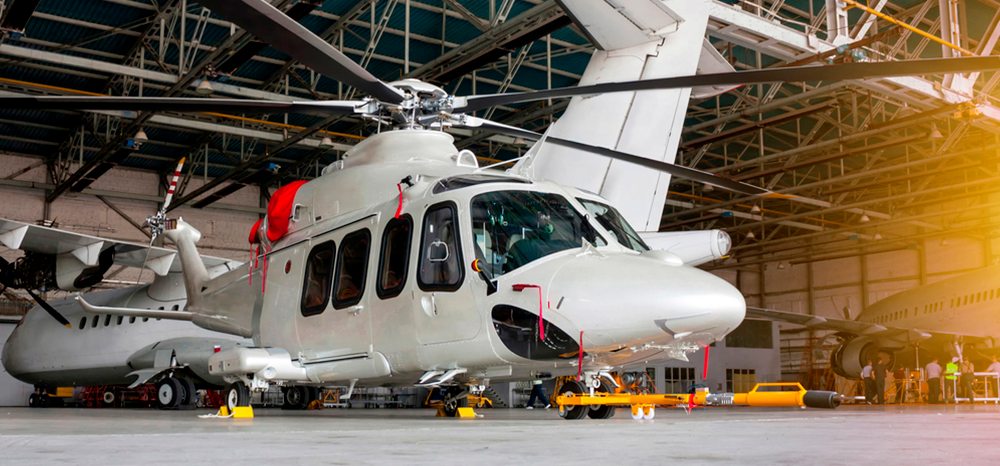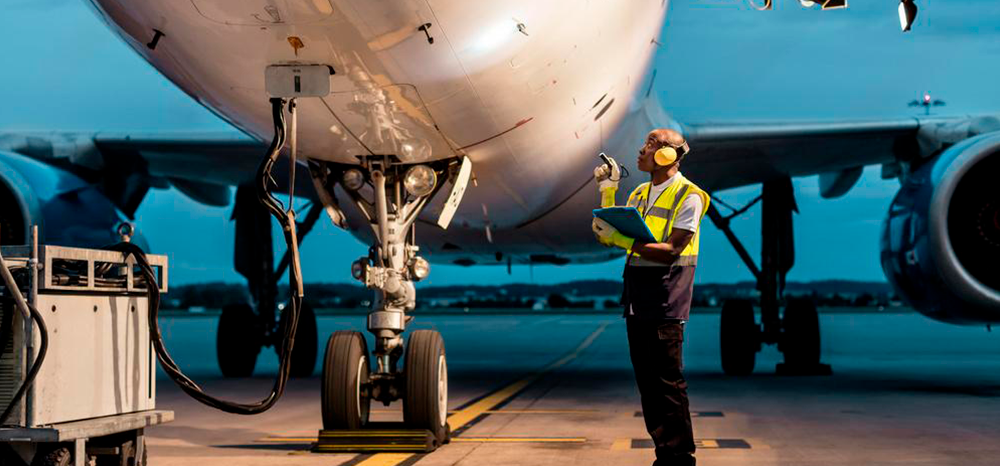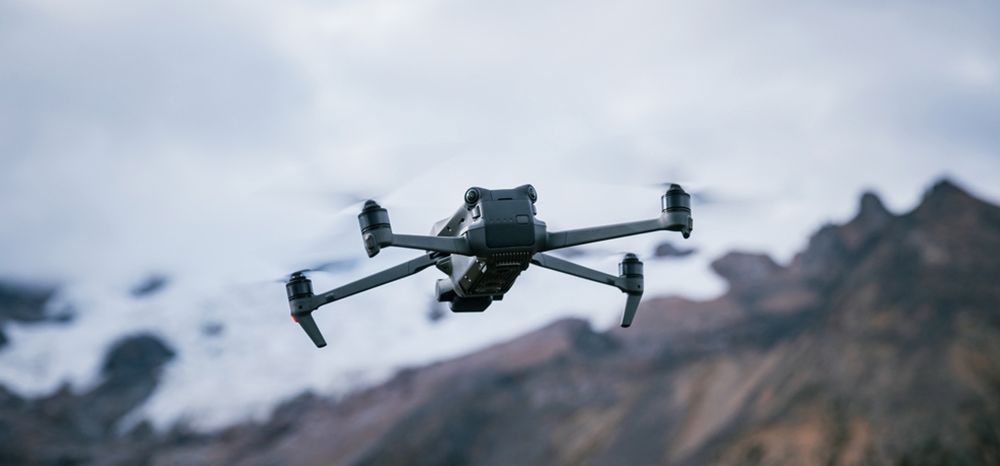Aeronautical maintenance has undergone a silent revolution with the integration of Artificial Intelligence (AI) and Big Data. These technologies have not only optimized maintenance processes but also elevated safety and efficiency standards within the industry. Through advanced machine learning algorithms, AI enables the analysis of vast amounts of data collected from sensors installed on aircraft. This data is processed in real-time, identifying patterns and potential anomalies before they escalate into critical failures, thereby significantly reducing the risk of incidents. According to Aviation Week Network, AI solutions can improve fault prediction in complex systems and extend the lifespan of components.
Big Data also plays a crucial role by gathering and analyzing information from multiple sources, such as maintenance histories, flight records, and weather conditions. These massive datasets, processed by AI-based systems, facilitate the implementation of predictive maintenance strategies. This approach allows for interventions before issues arise, preventing unplanned downtime and optimizing resources. According to McKinsey & Company, airlines can save up to 15% in maintenance costs by adopting predictive systems powered by Big Data.
Moreover, these technologies are transforming the way spare parts and tools logistics are managed. AI algorithms can predict when and where specific components will be needed, optimizing the supply chain and reducing wait times. This is particularly relevant in MRO (Maintenance, Repair, and Overhaul) operations, where efficiency in spare parts availability can directly impact airline schedules. A report by Accenture highlights that companies adopting these technologies can reduce aircraft downtime by up to 35%.
The future of aeronautical maintenance is intrinsically linked to the adoption of AI and Big Data. These technologies not only enhance operational efficiency but also contribute to a safer and more sustainable environment. By analyzing massive datasets and anticipating issues, MRO companies can offer customized solutions in record time, improving customer experience and strengthening the reliability of air operations. In a world where technology advances rapidly, embracing these tools is essential to ensuring competitiveness and success in the aeronautical industry.













